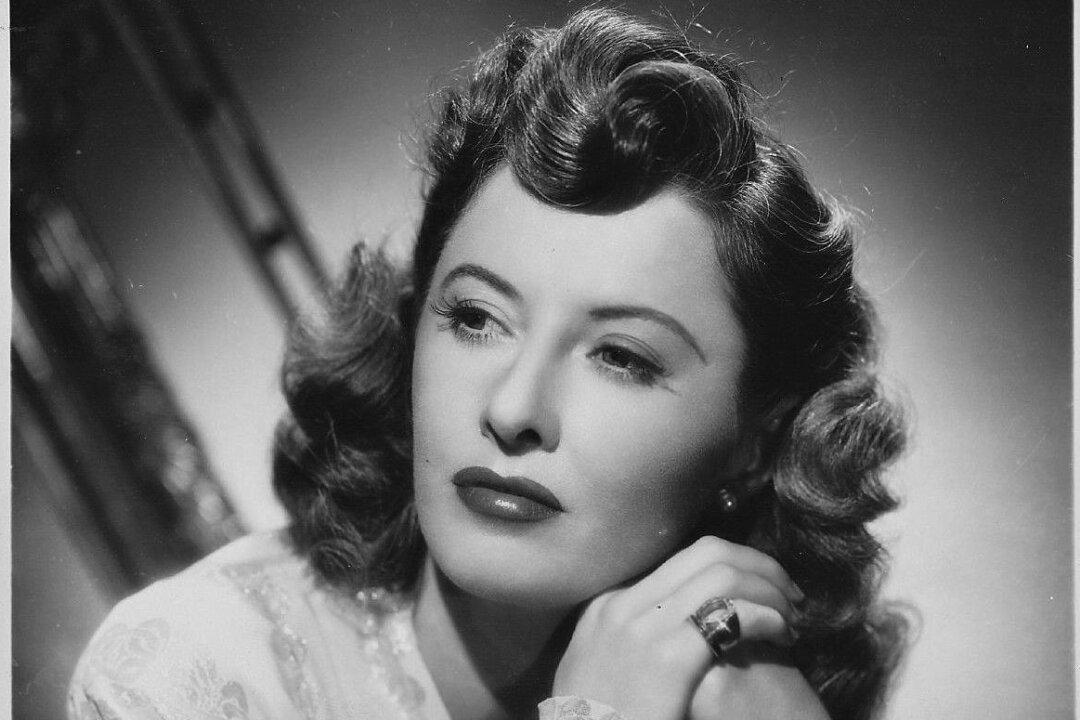Commentary
Grief is a very relatable topic. In every culture, every civilization, and every era, there are stories, songs, poems, and customs related to the loss of loved ones. Throughout history, different cultures have had very different societal rules for grieving and mourning, which can seem extreme or strange to outsiders. Even those within a culture can struggle to see the sense in strict mourning customs when they themselves are bereaved.





